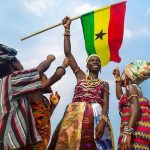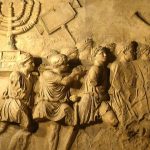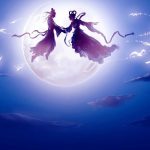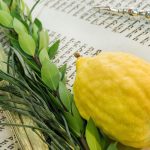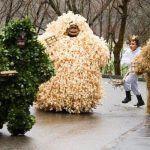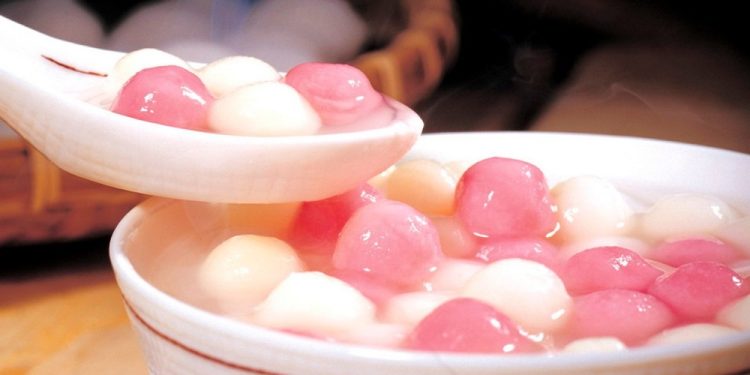
Dongzhi Festival
The Dongzhi Festival is a Winter Solstice tradition observed in China, Taiwan, Japan, Korea, and Vietnam every year. It’s a holiday that falls during the Dongzhi Solar Term, or winter solstice, between December 21st and December 23rd. Depending on where it’s observed, it’s celebrated with different customs and celebrations.
For instance, in Northern China, it’s common to eat fatty dumplings made with ginger on this day, but in Southern China, dumplings aren’t as common. In most places where it’s observed, however, it’s customary to visit ancestral tombs and offer gifts to the spirits of the dead. It’s also customary to enjoy a sweet glutinous rice ball called tangyuan on this day.
Observing The Dongzhi Festival
This holiday is observed with visits to ancestral tombs and by giving food and/or gifts to the spirits of deceased ancestors. Balls of glutinous rice called tangyuan are often made and served on this holiday and are sometimes brightly colored. Traditionally, family members will receive one large tangyuan and several small ones.
This Chinese dessert symbolizes reunions and is often served in sweet soup or sometimes in a savory broth. A beverage that is often served with this is Jiujiang—a mildly alcoholic rice wine that has sweet osmanthus flowers and whole grains of glutinous rice.
In Northern China, crescent-shaped dumplings are served, and they can be filled with anything from celery or cabbage to mushroom, beef, or fish. In Southern China, tangyuan is often made into a full meal by stuffing them with meat or bean paste with herbs. In Taiwan, nine-layer cakes are made from rice flour and shaped like animals.
These cakes will be offered to their ancestors. In Japan, people will often eat foods that end with an “n” to foster good luck. This includes eating foods such as carrot (ninjin) and ginkgo nut (ginnan). People will also cook with pumpkin and enjoy yuzu baths.


